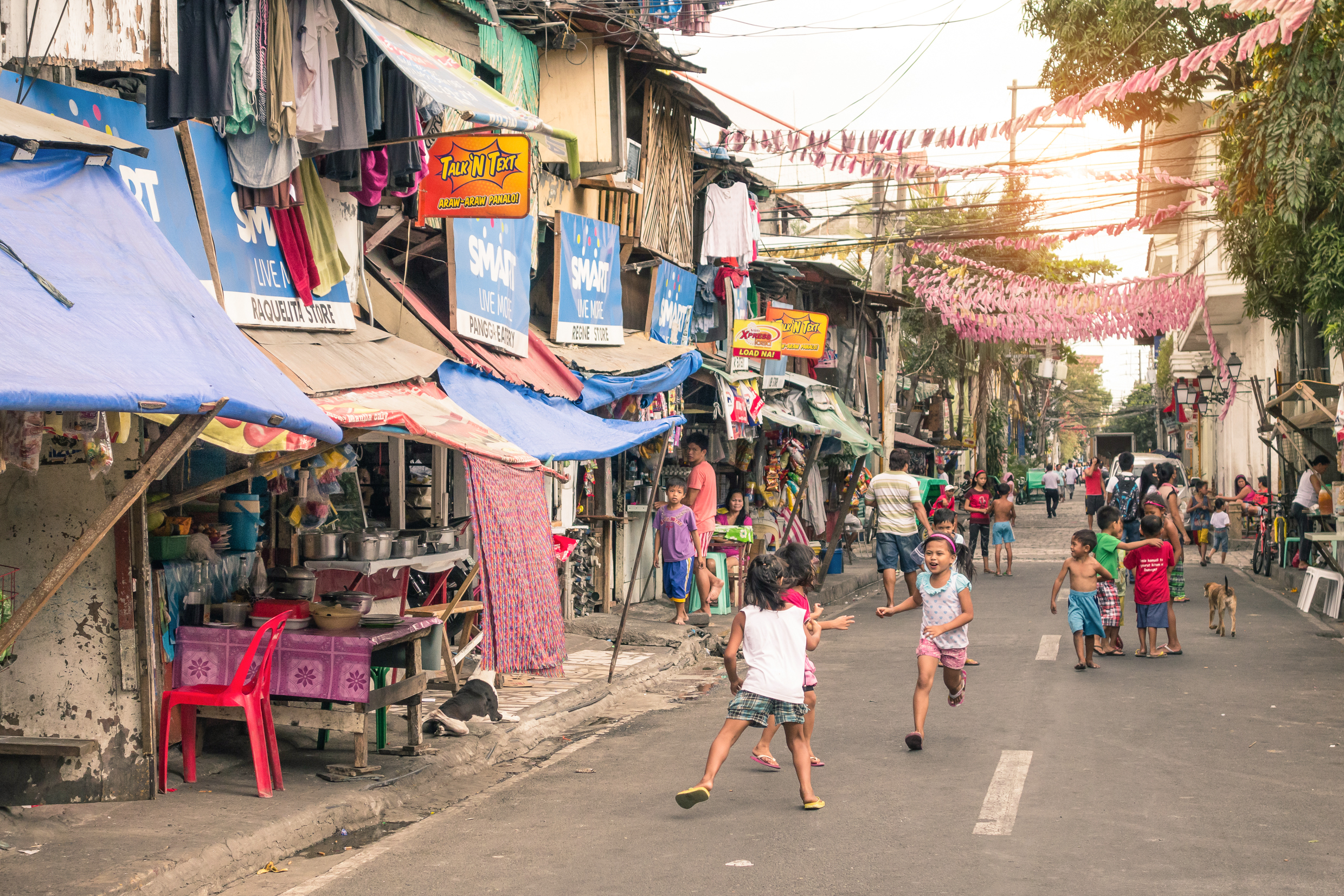
MANILA, Philippines — In a world where peacefulness has been consecutively deteriorating in the past four years, the Philippines this year scored ‘low’ in an index of the global state of peace.
The Philippines, with a score of 2, 512, ranked 137th among the 163 countries in global peacefulness, according to the Global Peace Index (GPI) — an annual report that measures the degree of peacefulness of independent states and territories.
The country dropped one place from last year.
This year’s GPI noted that the Philippines “showed very slight improvements” in peacefulness, similar to its neighbouring Asia-Pacific countries like North Korea, Thailand, China, and Vietnam.
The GPI linked the Philippines’s score drop to “political terror.”
“The Philippines suffered particularly badly as President Duterte continued his assault on alleged drug dealers and from the five-month battle between government forces and Islamic militants who took over the city of Marawi, resulting in almost 1,200 militants, government forces and civilians killed,” the report read.
The country, however, contributed to the improvement of the ‘internal and external conflicts fought and relations with neighbouring countries’ in the Asia-Pacific region for calming tensions “in the South China Sea after President Duterte of the Philippines reached an understanding with China.”
The GPI used three thematic domains to measure the state of peace: the level of Societal Safety and Security; the extent of Ongoing Domestic and International Conflict; and the degree of Militarisation, where the Philippines scored 3.131, 2.408, and 1.674, respectively.
“Societal safety and security refer to internal aspects of violence, such as homicide, incarceration or availability of small arms, while ongoing conflict and militarisation capture the extent of current violent conflicts and each country’s military capacity,” the GPI 2018 read.
In terms of ‘Societal Safety and Security,’ Iceland was ranked the most peaceful with a score of 1.168 while Afghanistan was least peaceful at 4.225. The Nordic country also topped the index of ‘Militarisation,’ making it the most peaceful with a score of 1.048. Israel, on the other hand, was the least peaceful and received a score of 3.910. Botswana was declared most peaceful in terms of ‘Ongoing domestic and international conflict’ as it received a score of 1.000 while Syria is the least peaceful with a score of 3.828.
Overall, Iceland maintained its spot on the top of the index with a score of 1.096. It has remained the most peaceful nation in the world since 2008. Syria, on the other hand, received a score of 3.6 and was tagged as the least peaceful country. It has held this position for the past five years.
The study also found “that global peacefulness has deteriorated by 2.38 per cent since 2008, with 85 GPI countries recording a deterioration, while 75 improved.”
“The index has deteriorated for eight of the last eleven years, with the last improvement in peacefulness occurring in 2014,” it added.
The GPI 2018 was published by Institute for Economics & Peace (IEP), “an independent, non-partisan, non-profit think tank” that develops “new conceptual frameworks to define peacefulness; providing metrics for measuring peace; and uncovering the relationships between business, peace and prosperity as well as promoting a better understanding of the cultural, economic and political factors that create peace.”